FIBO Group: A Closer Look at Its Licenses
Abstract:When selecting a broker, understanding its regulatory standing is an important part of assessing overall reliability. For traders seeking to protect their capital, ensuring that a platform operates under recognised and stringent oversight can make all the difference. Keep reading to learn more about FIBO Group and its licenses.

When choosing a broker, regulation is often the first line of defense for any trader. In the case of FIBO Group, what may appear at first to be a well-established trading company reveals a number of concerning facts upon closer inspection. Although the broker holds some regulatory credentials, several red flags regarding its licensing status and offshore presence should not be overlooked.
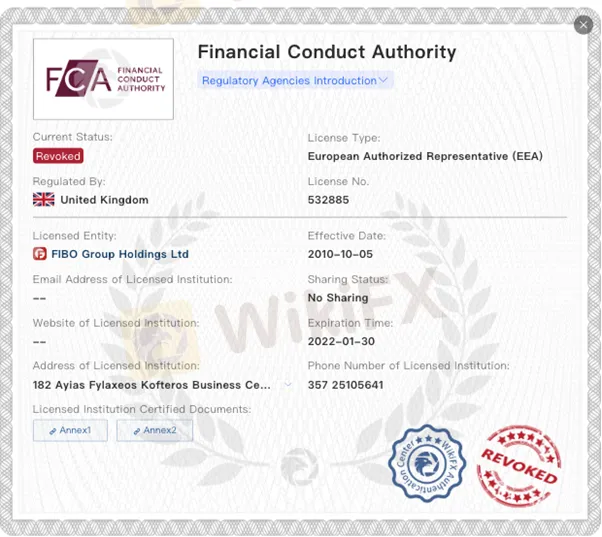
FIBO Group was once regulated by the United Kingdom‘s Financial Conduct Authority (FCA) under license number 532885. The FCA is known for being one of the most trusted financial regulators in the world, ensuring transparency and strict compliance from brokers under its supervision. However, FIBO Group’s FCA license is currently revoked, which raises immediate questions about what led to this change and whether the broker can still be trusted to meet high regulatory standards. A revoked license is a strong indicator that the broker may no longer meet the requirements of its former regulator, which can be a warning sign for traders trying to avoid scams.
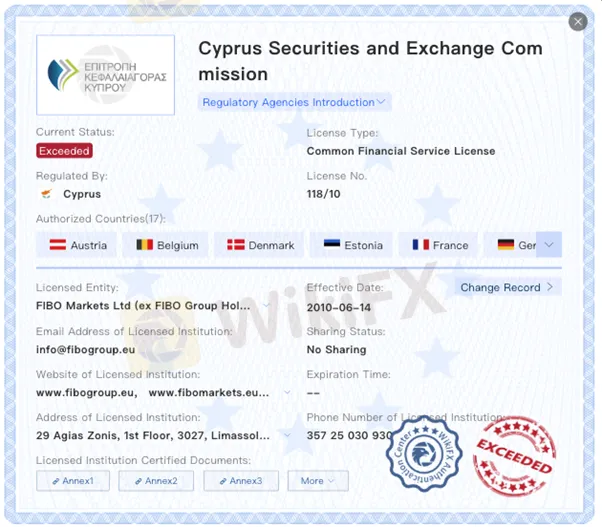
In Cyprus, FIBO Group is licensed by CySEC under license number 118/10. While this license is listed as active, the broker reportedly exceeds the business scope allowed under its CySEC license, operating in ways that go beyond its approved regulatory boundaries. This means FIBO Group may be offering services it is not legally authorized to provide within that jurisdiction. Such overreach may not only breach regulatory conditions but also increase risks for users who believe they are operating under a fully compliant framework.
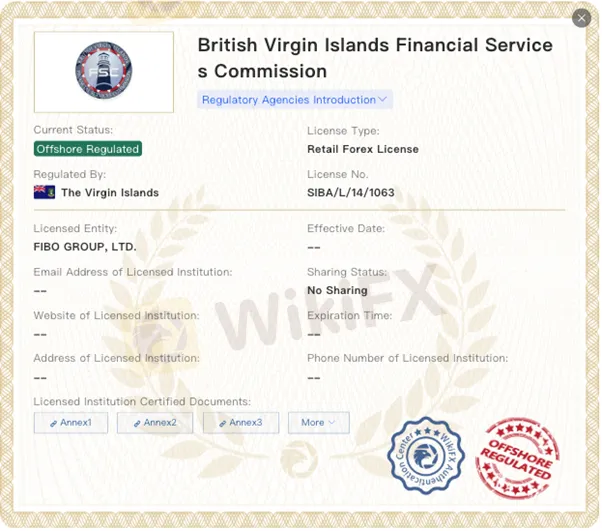
Another active license is held under the British Virgin Islands Financial Services Commission (BVI FSC) with license number SIBA/L/14/1063. While the BVI FSC does serve as a financial regulator, it is considered an offshore regulator, with less rigorous oversight compared to onshore authorities like the FCA or ASIC. Being registered in the British Virgin Islands, a jurisdiction known for its lenient financial regulations, means that FIBO Group can operate with more flexibility, but also with less accountability. Brokers operating offshore often escape strict regulatory scrutiny, which can create opportunities for unethical practices or even scams.
In fact, the brokers registration in the Virgin Islands is itself a point of concern. While it's legal to register companies there, the lack of strong investor protections means traders have little recourse in the event of disputes or losses. For anyone considering trading with FIBO Group, this offshore setup should be taken seriously, especially when paired with a revoked FCA license and a CySEC license that has reportedly been exceeded.

According to WikiFX, a platform that reviews brokers based on their regulatory background, platform operations, and user safety, FIBO Group scores just 4.95 out of 10. While this doesnt confirm that the broker is a scam, it certainly places it in a risk category that traders should approach with caution.
In summary, while FIBO Group may appear to be a regulated broker on paper, the full picture reveals multiple licensing issues, offshore risks, and signs of regulatory overreach. For traders seeking to avoid potential scams, it's crucial to look beyond just a list of licenses and ask more in-depth questions about their status and enforcement. A revoked FCA license and excessive activities under a CySEC license should not be taken lightly. As always, verifying a brokers current regulatory status and understanding the implications of offshore registration can go a long way in protecting your investments.
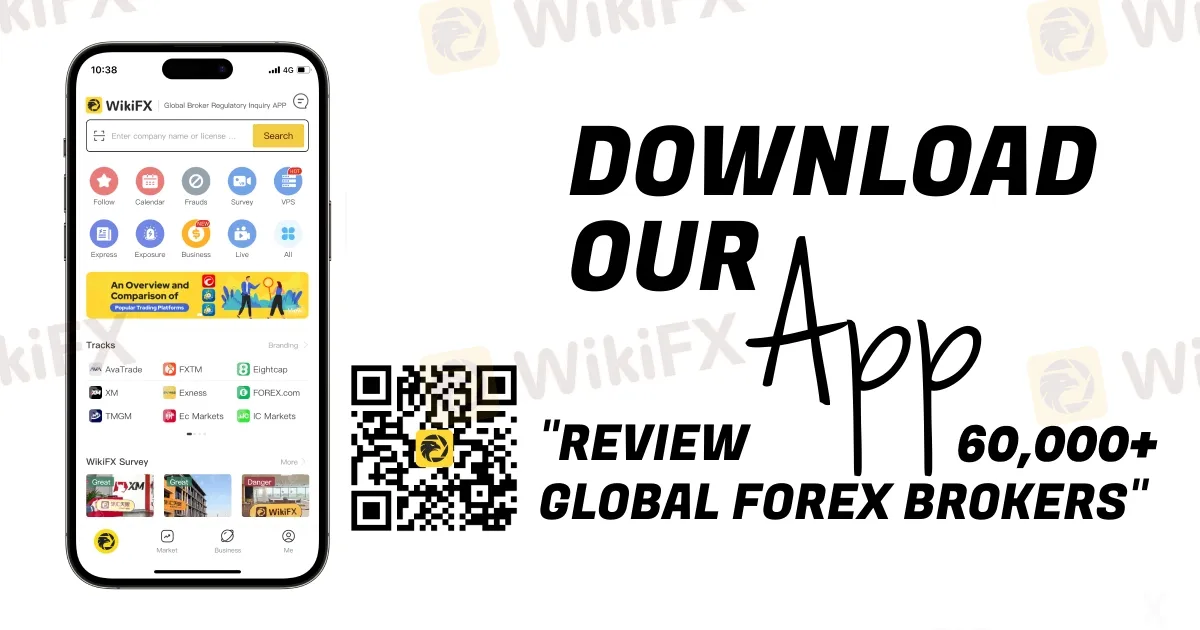
Read more
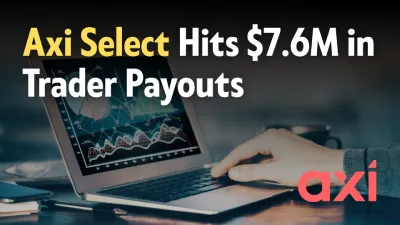
Axi Select Hits $7.6M in Trader Payouts
Axi Select celebrates its 5th $1M funded trader and over $7.6M in payouts, marking a major milestone in its global trader funding program.
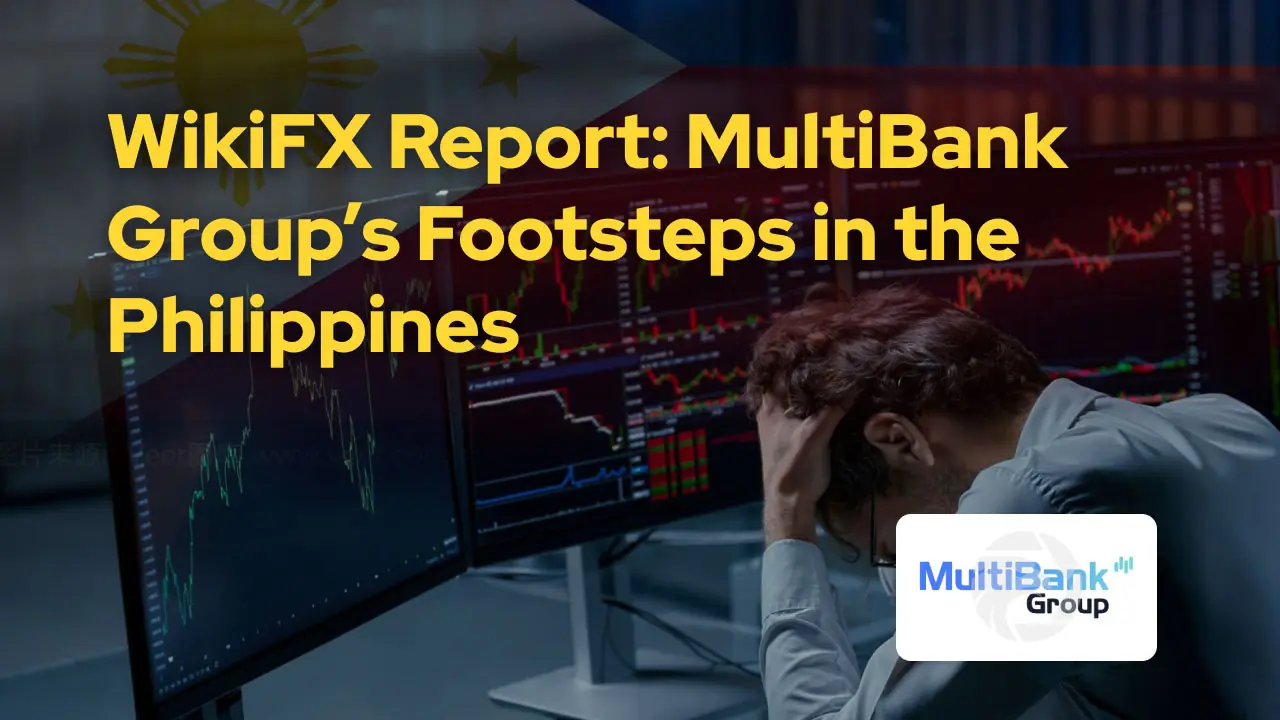
WikiFX Report: MultiBank Group’s Footsteps in the Philippines
MultiBank Group, a global financial services provider, has launched operations in the Philippines a long time ago, where its entry, activities, and eventual retreat from the market left behind a trail of questions. This article reviews the broker’s history in the country, highlights specific cases, and underscores the importance of caution when dealing with MultiBank Group.
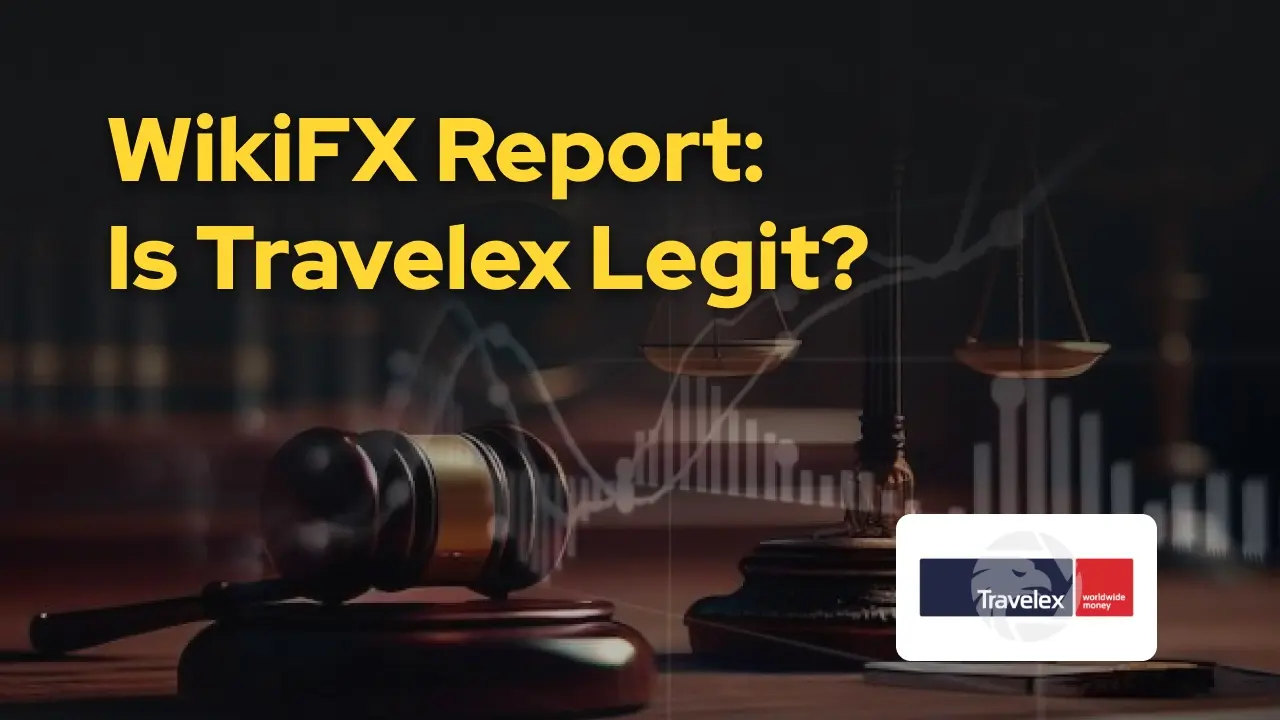
WikiFX Report: Is Travelex Legit?
Travelex is a forex broker in the market that has the trading experience of more than 20 years. However, with the emergence of numerous unregulated and fraudulent brokers in the forex industry, traders often ask: Is Travelex legit? Therefore, we made a comprehensive review of this broker.

Alchemy Launches Secure Copy Trading App
Alchemy Markets unveils a regulated Copy Trading app, empowering beginners and pros with MT4/MT5 integration, transparency, and monetization options.
WikiFX Broker
Latest News
Why Are Investors Losing Trust in StoneX? What You Need to Know
Forex Lot Size Explained: A Complete Guide to Standard, Mini, & Micro Lots
Trader’s Way Exposed: Where Winning Trades Turn into Losses Overnight
Checkout List of 7 "FCA WARNED" Unauthorized Brokers
Pip Value Calculation Guide: How Much Is a Pip in Forex Really Worth?
Football Meets Finance: PSG Signs Global Partnership With WeTrade
Activity Upgraded! The 2025 WikiFX “Global Broker Review Contest” Grandly Launches!
What is Spread in Forex? How It Affects Your Trading Costs (A Complete Guide)
SEC Flags Five More Unregistered Crypto Platforms in PH
Webull Brings Crypto Trading Back to App
Rate Calc


